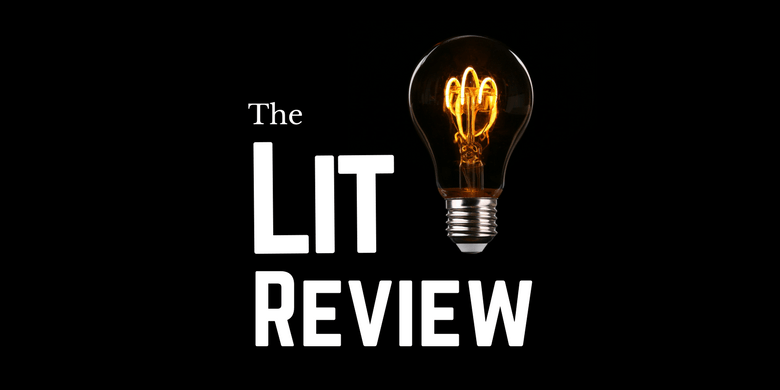
Who: Jennifer Egan won the 2011 Pulitzer Prize in fiction for the postmodern novel, A Visit From the Goon Squad. She takes a more traditional storytelling approach with historical novel Manhattan Beach, published last year.
 What: The novel begins with Eddie Kerrigan paying a visit to mobster Dexter Styles at his home on Manhattan Beach. Eddie’s 11-year-old daughter Anna Kerrigan accompanies her father on this visit, and it leaves an indelible impression on her – she gleans from the encounter that Dexter is crucial to the survival of her family. Years later, her father has mysteriously disappeared and the country is at war. Anna works at the Brooklyn Naval Yard at a job once the exclusive purview of men, who are now soldiers abroad. By sheer will and gumption, Anna becomes the first woman diver at the Naval Yard, doing the job of repairing ships underwater. Then, a chance meeting with Dexter at a nightclub throws open a doorway to uncovering the complexities of her father’s life and why he vanished.
What: The novel begins with Eddie Kerrigan paying a visit to mobster Dexter Styles at his home on Manhattan Beach. Eddie’s 11-year-old daughter Anna Kerrigan accompanies her father on this visit, and it leaves an indelible impression on her – she gleans from the encounter that Dexter is crucial to the survival of her family. Years later, her father has mysteriously disappeared and the country is at war. Anna works at the Brooklyn Naval Yard at a job once the exclusive purview of men, who are now soldiers abroad. By sheer will and gumption, Anna becomes the first woman diver at the Naval Yard, doing the job of repairing ships underwater. Then, a chance meeting with Dexter at a nightclub throws open a doorway to uncovering the complexities of her father’s life and why he vanished.
Why: The main narrative revolves around Anna Kerrigan and how she navigates a world vacated by her father and overshadowed by war, the Great Depression, and the shared responsibility of caring for her disabled sister, Lydia. It is a tale of quiet fortitude and doggedness, of coming into her own during an era of limited options and opportunities for women. But while the story is anchored by Anna’s life, the narrative switches between her perspective and that of the mobster, Dexter’s, chronicling his rise in the underworld. In the last third of the novel, the spotlight finally turns to Eddie and the misfortunes that led to his disappearance early in the story.
Essentially, this novel traces three distinct but intertwining stories recounted in the close third person to give the reader insight into their inner lives. Each character’s story is languidly told, replete with lush details and poetic nuance to the point where a less patient reader might find the pacing off-putting. A thread that connects all three is their individual need to break from their present circumstances, and the resulting consequences of attempting to do so. A constant prop is the ocean, but it does take on a metaphysical nature as it envelopes each of them in different ways.
Best/Worst Line: “He hungered for a sense of progress, of new things approaching while old familiar ones receded. It seemed far too long since he’d had that sensation.”
Verdict: It’s a sweeping novel with cinematic scope that unfolds at a protracted pace. (7.5/10)
Availability: Trade paperback, RM79.90.
